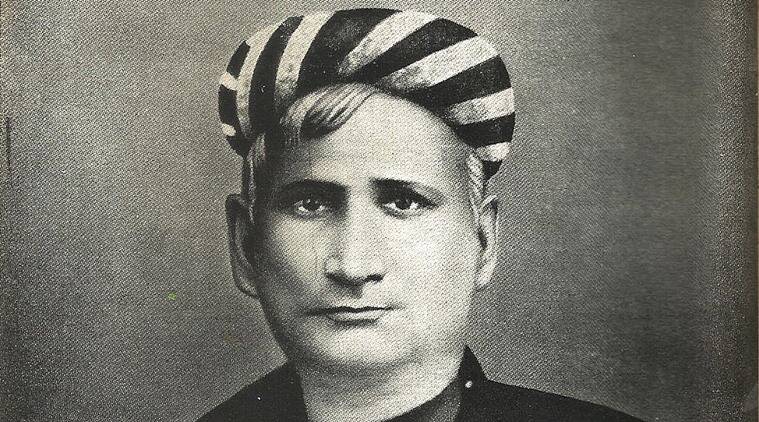Bankim Chandra Chattopadhyay | 28 Jun 2021
Why in News
Indian Prime Minister paid homage to Rishi Bankim Chandra Chattopadhyay on his Jayanti on 27th June.
Key Points
- About:
- He was one of the greatest novelists and poets of India.
- He was born on 27th June 1838 in the village of Kanthapura in the town of North 24 Parganas, Naihati, present day West Bengal.
- He composed the song Vande Mataram in Sanskrit, which was a source of inspiration to the people in their freedom struggle.
- In 1857, there was a strong revolt against the rule of East India Company but Bankim Chandra Chatterjee continued his studies and passed his B.A. Examination in 1859.
- The Lieutenant Governor of Calcutta appointed Bankim Chandra Chatterjee as Deputy Collector in the same year.
- He was in Government service for thirty-two years and retired in 1891.
- He died on 8th April, 1894.
- Contributions to India’s Freedom Struggle:
- His epic Novel Anandamath - set in the background of the Sanyasi Rebellion (1770-1820), when Bengal was facing a famine too - made Bankim Chandra Chattopadhyay an influential figure on the Bengali renaissance.
- He kept the people of Bengal intellectually stimulated through his literary campaign.
- India got its national song, Vande Mataram, from Anandamath.
- He also founded a monthly literary magazine, Bangadarshan, in 1872, through which Bankim is credited with influencing the emergence of a Bengali identity and nationalism.
- Bankim Chandra wanted the magazine to work as the medium of communication between the educated and the uneducated classes.
- The magazine stopped publication in the late 1880s, but was resurrected in 1901 with Rabindranath Tagore as its editor.
- While it carried Tagore’s writings - including his first full-length novel Chokher Bali - the ‘new’ Bangadarshan retained its original philosophy, nurturing the nationalistic spirit.
- During the Partition of Bengal (1905), the magazine played a vital role in giving an outlet to the voices of protest and dissent. Tagore’s Amar Sonar Bangla - the national anthem of Bangladesh now - was first published in Bangadarshan.
- His epic Novel Anandamath - set in the background of the Sanyasi Rebellion (1770-1820), when Bengal was facing a famine too - made Bankim Chandra Chattopadhyay an influential figure on the Bengali renaissance.
- Other Literary Contributions:
- He had studied Sanskrit and was very interested in the subject, but later took on the responsibility to make Bengali the language of the masses. However, his first published work - a novel - was in English.
- His famous novels include Kapalkundala (1866), Debi Choudhurani, Bishabriksha (The Poison Tree), Chandrasekhar (1877), Rajmohan’s wife and Krishnakanter Will.
Sanyasi Rebellion
- The Sanyasi Uprisings took place in Bengal between the periods of 1770- 1820s.
- The Sanyasis rose in rebellion after the great famine of 1770 in Bengal which caused acute chaos and misery.
- However, the immediate cause of the rebellion was the restrictions imposed by the British upon pilgrims visiting holy places among both Hindus and Muslims.

